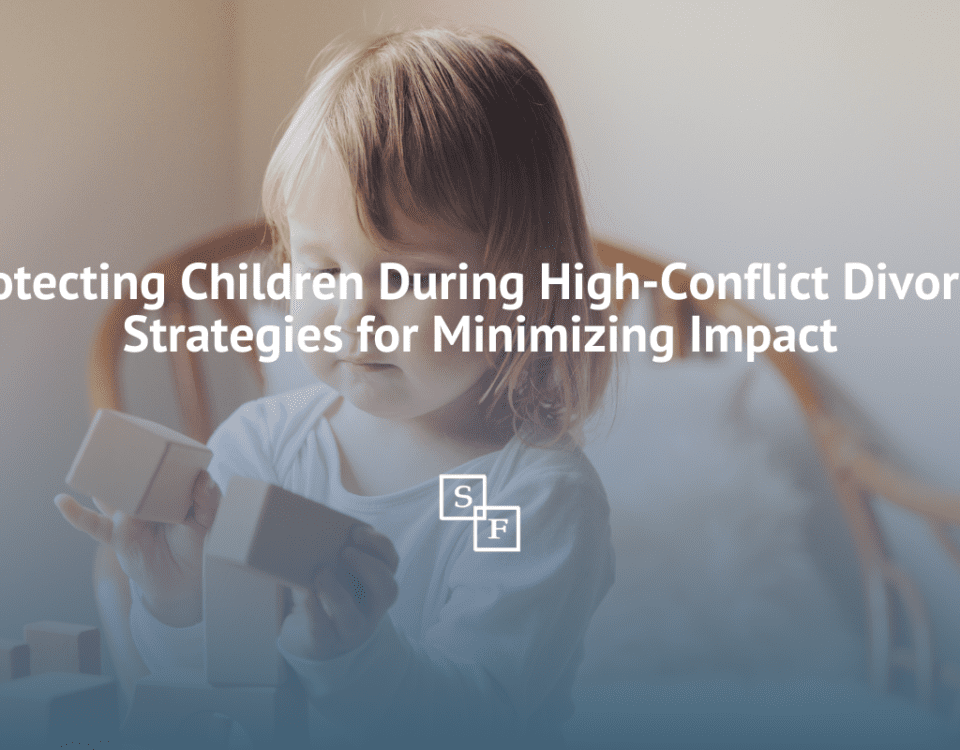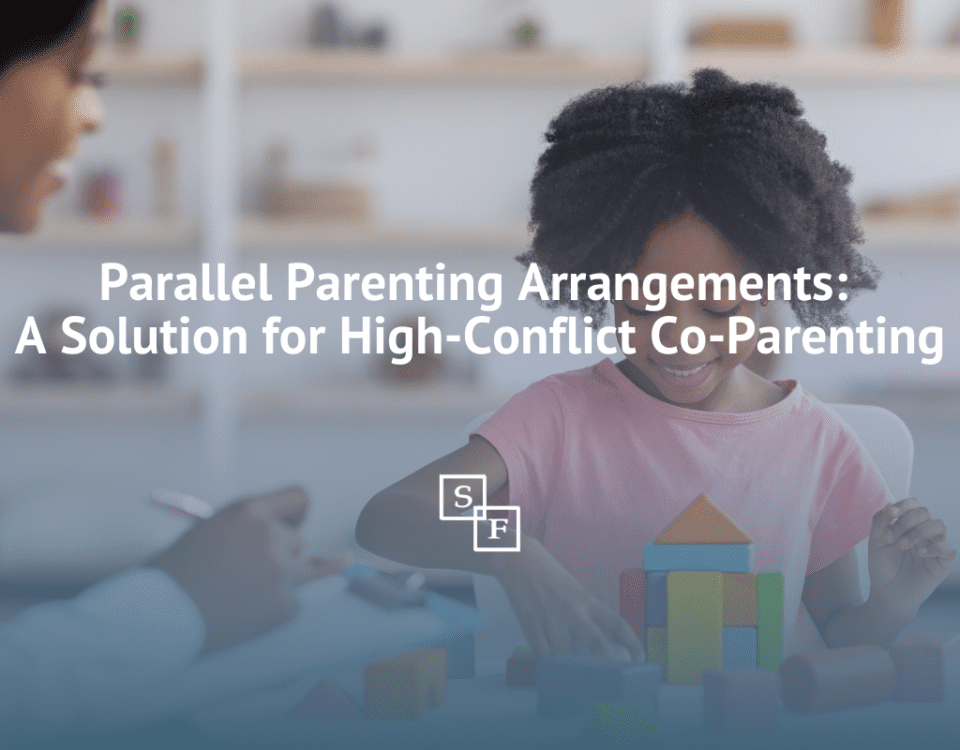CHILD CUSTODY IN NORTH CAROLINA
Need to Make an Appointment?
Either or both of these types of custody can be shared under a joint custody arrangement. Typically, under a joint legal custody arrangement, neither parent has a superior right to make major decisions. Instead, joint custody arrangements typically outline a procedure for resolving conflicts.
Joint physical custody does not necessarily require a 50-50 time split between the parents. Joint custody entails any situation where the child maintains a residence at the home of each parent and spends a significant amount of time with each parent.
In order to decide who will get custody of the children, the Court will look to see what is in the “best interests of the child.”
There is no exact formal procedure that a judge uses to decide this, and the decision typically comes down to the facts and circumstances of each individual case. Because the decision is mainly fact-based, it is important that you have as much information ready for the judge to review as possible when he or she is making a decision.
When determining the amount of child support that must be given to the party with the child, North Carolina Courts look primarily to the income of the parents. The income can be from any source and includes wages, interests, dividends, rental income, retirement benefits, capital gains, and Social Security income. These guidelines are applied whether the parents are married or not. The amount of support must be enough to meet the child’s needs for health, education, and maintenance.
Child support in North Carolina is based on an income-shares model that operates on the theory that a child should receive the same proportion of parental income as if the parties continued to live together. There is a presumption that the amount of child support calculated pursuant to the guidelines is correct. Deviations from the guidelines are permitted if they are warranted.
Some of the factors that the courts consider in determining support include:
- The child’s reasonable needs as to health, education, and maintenance;
- The parents’ estates, earnings, and conditions;
- The childcare and homemaker contributions of each party;
- The assets of the parties;
- The child’s standard of living;
- Other relevant factors of the case
Meet the Family Law Team
Missy’s mission is to help individuals navigate through these highly bureaucratic systems while providing superior client service and advocacy.
Read more about Missy and how she helps her family law clients in NC.
Megan understands that each client’s situation is unique, and she is committed to serving as a fierce and compassionate advocate for all of her clients. She practices empathy with every client to ensure that they feel that their concerns are heard and their needs are met.
In her 10-plus years of experience as a family law paralegal, Lisa has become passionate about putting the client’s needs first. She understands the circumstances that bring clients to our office are often unsettling and it is her desire to use her experience and skills to make the process a little easier.







